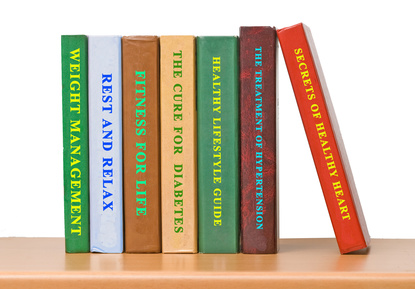It starts innocently enough.
“Oh goodie, a new book about writing,” you say. “I’ll add it to the stack of books that I have no time to read.”
And then…
“Lookie! Another blog to distract me from my own work. I’ll subscribe!”
And…
“Oh joy! Another novel to analyze, so I can become a better novelist.”
Until someday, some voice inside your head pipes up:
“Hold on, buster. When are you going to rewrite that novel? All of this reading is taking time away from your work. GET BACK IN THE SADDLE!”
“But I’m too busy!” you whine.
“Doing WHAT?”
Good question.
Gooooood question.
If you’re like me, you have no idea what’s keeping you occupied, but one thing is certain: you’re so busy doing it.
Here’s how busy looks:
You decide to just spend five minutes on Twitter. You set the timer. You start reading your Twitter feed. Five minutes later the timer is beeping and you’re reaching over to turn it off and you’re NOT EVEN AWARE. You’re entrenched in Twitterdom, and at some point you look up and say, “Hey, didn’t the alarm go off?”
That’s twenty minutes of unconscious time.
You tell yourself, “I’ll just check my emails.”
Thirty minutes later, you’re still checking.
“I’ll just check what’s on TV.”
One hour.
“I’ll just go through my inbox. Rearrange the stuff in there, write up a new To-Do list.”
Thirty minutes.
“I’ll just…”
Just. Just. Just.
There’s no justice in this mindless activity. You lose every time. You lose the opportunity to rewrite a chapter. Lose the connection to your muse. Lose the creative juice, the thread you were following, the through-action of that novel. You lose.
Being busy is the easy option, says Tony Crabbe, author of Busy: How to Thrive in a World of Too Much.
Easy? What’s so easy about feeling overwhelmed?
According to Crabbe, it’s a method of avoidance, of feeling productive even though we’re procrastinating from doing a hard task. And it’s addictive, a dopamine rush every time we check our smartphones.
You’re overwhelmed by all the books teetering on the shelf. You’re overwhelmed by all the emails lined up in your inbox. You’re overwhelmed because you’re turning your focus away from what you long to do, and now your eyes are spinning from all the distractions.
“Hold on,” you say. “I really am busy. I’ve got meals to cook, and laundry to wash, and clients to meet, and kids to shuttle, and property to show and…”
Okay, okay. You’re busy. Got it. But isn’t it interesting that you have time to do all that, and no time to do the one thing, the ONE THING, that only you can do?
If you croaked tomorrow, someone else would, and could, cook the meals and wash the laundry and meet the clients and shuttle the kids and sell the house that Jack built.
But no one else could write your novel. No one.
So what’s the cure for all this busyness?
First: admit what you’re doing. Out loud. To people you know. “I could be rewriting my novel, but I’m reading this blog post instead.” (Oops, bad example.) “I’m loafing. I’m avoiding.”
Second: own it. Don’t blame your parents, your spouse, your kids, your job, or the executives of ABC programming. You’re the one who’s choosing to engage in behavior that’s not conducive to novel-writing (or cake decorating, or picture-taking, or whatever it is that you’re so actively avoiding). But be kind to yourself. Recognize and accept what you’re doing, and laugh.
Third: feel your way along; even if it’s on hands and knees in the dark. You can’t get to the finish line by gazing at the moon. And you can’t remain stuck if you start moving.
Fourth: Make your art your priority. Says Bernard Roth, author of The Achievement Habit: It won’t get done by checking your email. I’ll add: it won’t get done by hopping on social media sites, or sleeping in, or watching Bachelor in Paradise. Stop telling yourself, “I’ll just check my blog statistics.” Instead, say, “I’ll just rewrite one chapter of my novel.”
Fifth: Stop the busyness. You’ll be surprised at how time opens up when you’re not filling it with mindless activities.
Sixth: GET BACK IN THE SADDLE. Build that writing habit up again and you’ll lose your taste for all that other stuff. And just what was it you were doing, anyway?
Takeaways this week:
Not that I want to add to that teetering stack, but here are two books I recommend:
Busy: How to Thrive in a World of Too Much by Tony Crabbe.
The Achievement Habit: Stop Wishing, Start Doing, and Take Command of Your Life by Bernard Roth.
Check out these tips on how to get back in the writing saddle.
And if you want to know how long it will take you to read that teetering stack, here’s a nifty calculator, courtesy of Read it Forward.


